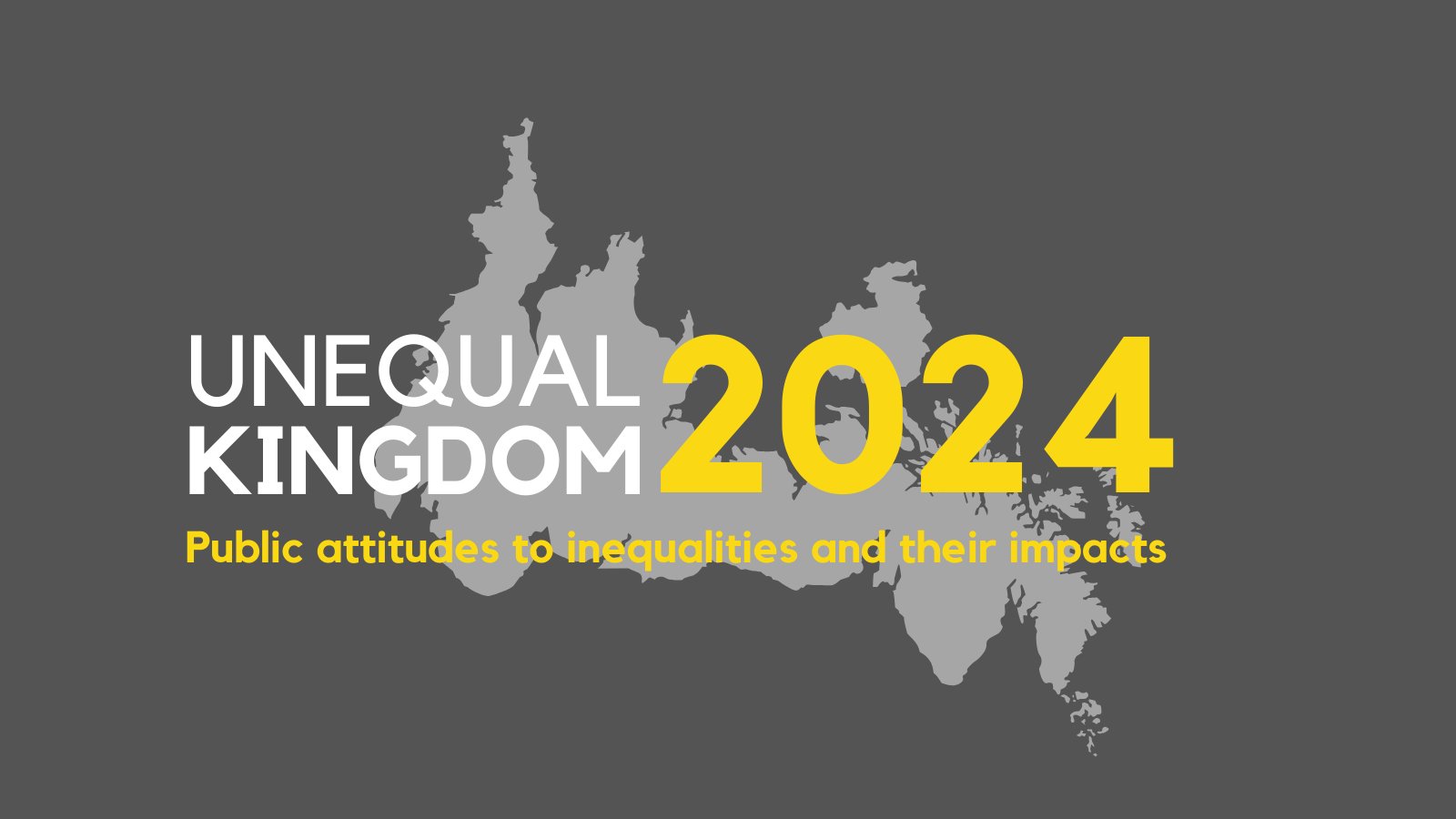REPORT: EXPERT HUB – UNEQUAL KINGDOM
By the Fairness Foundation
The Fairness Foundation’s report, Unequal Kingdom, is based on polling carried out with Opinium in early January into UK public attitudes to inequalities and their impacts.
The survey aimed to explore what forms of inequality people in Britain are most worried about, and what impacts they think inequality has on the economy, on democracy, on people’s health and self-esteem, on social cohesion and crime, and on fair opportunities and rewards.
The headline is that people’s concern about inequality extends beyond regional and economic inequalities to include class and racial inequalities, but that public awareness of the impact of inequalities on society is relatively superficial.
The key findings are:
· 75% of people are worried about wealth and income inequalities, closely followed by health and educational inequalities; 62% also worry about social and political inequalities
· Looking at inequalities between groups, people are most concerned about class, disability and ethnicity, as well as region, with less concern about gender, age, religion and sexual identity
· Most think inequality has a negative impact on crime, health, self-esteem, and fair opportunities and rewards, but fewer are aware of the impacts on our economy, society and democracy
· There is a broad consensus of concern about inequality; levels of concern are particularly high among Labour voters, women, and people on higher incomes.
The findings are broadly in line with the results from other recent attitudinal research in the UK, which consistently shows that people are concerned about economic and regional inequalities. However, the research suggests that many people are increasingly worried about inequalities of class, disability and ethnicity as well. Other ‘vertical’ inequalities – of health, education, political influence, and status and respect – are also increasingly salient.
While there are unsurprising political differences in attitudes and awareness, there is a broad consensus of concern, including across generational divides, although women and those on higher incomes are more worried than men and those on lower incomes.
And while there are high levels of concern about a range of inequalities, fewer people are aware of the impacts of inequality on ‘public goods’ such as social cohesion, democracy and economic growth, suggesting that inequality campaigners may need to do more to highlight the negative impacts of inequality on key public and political priorities, but should be aware of the challenges in making these less intuitive connections in people’s minds.
The online report has the full picture, with detailed polling figures, data visualisations, demographic breakdowns, discussion and links to existing research on public attitudes. There is also a two-page PDF summary of the report available.
https://www.fairnessfoundation.com

Leave a Reply
Leave a Reply